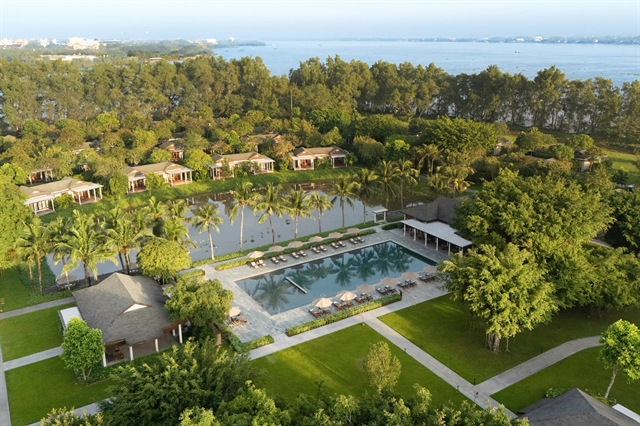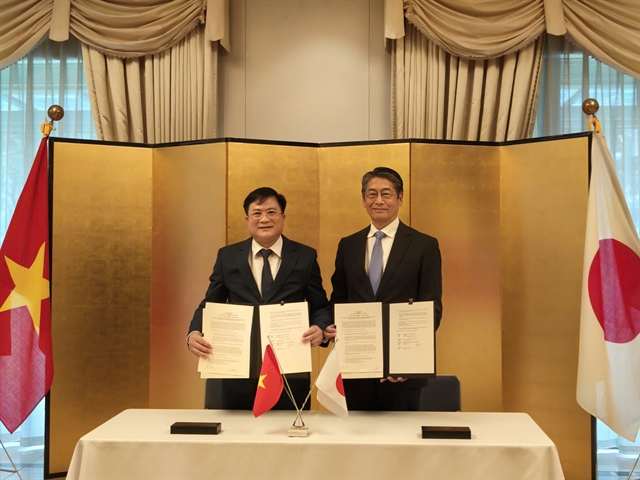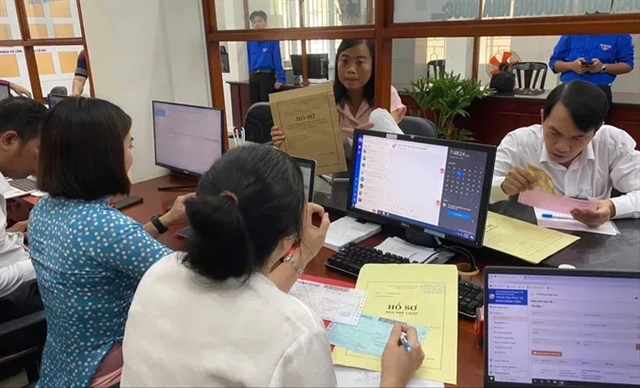 World
World

The electoral bloc of Armenia's acting prime minister Nikol Pashinyan won a landslide victory in Sunday's snap parliamentary elections, which were triggered by the reformist leader seeking to cement his political authority in the country.
YEREVAN — The electoral bloc of Armenia’s acting prime minister Nikol Pashinyan won a landslide victory in Sunday’s snap parliamentary elections, which were triggered by the reformist leader seeking to cement his political authority in the country.
The bloc led by Pashinyan’s Civil Contract party had 70.45 per cent of the vote, and trailing in distant second place with 8.37 per cent was the Prosperous Armenia party, according to results from 90 per cent of precincts, the central election commission said.
The centrist My Step bloc also includes the Mission Party headed by rights activist Manuk Sukiasyan. A small liberal pro-Western party, Bright Armenia, also cleared an electoral threshold with 6.33 per cent of the votes, the commission said.
Pashinyan became prime minister in May after spearheading weeks of peaceful anti-government rallies that ousted veteran leader Serzh Sarkisian.
The 43-year-old former journalist has pledged to root out endemic corruption and address widespread poverty, earning him supporters in the impoverished landlocked nation of about three million people.
"After the elections, we will be developing Armenian democracy and make an economic revolution happen," Pashinyan told reporters after casting his ballot.
Pashinyan’s reform drive had been stalled for months by opposition from Sarkisian’s then-ruling Republican Party, which dominated the National Assembly until his calculated resignation triggered parliament’s dissolution last month.
The Republican Party took 4.56 per cent in Sunday’s elections, failing to clear the five-per cent threshold to make it into parliament.
At a polling station in central Yerevan voters expressed optimism about the political change promised by Pashinyan and vented their anger at former corrupt officials.
"Thanks to the revolution, we will finally have fair elections," 72-year-old pensioner Parzik Avetisyan told AFP. "I voted for the positive change promised by Nikol (Pashinyan)," he added.
Another voter, 52-year-old painter Garnik Arakelyan, said: "I want all those corrupt officials who for many years were robbing and humiliating people to be jailed."
Turnout was 48.63 per cent when polls closed at 8:00 pm (1300 GMT), the election commission said.
Last week, Pashinyan promised "the best elections Armenia has ever seen", without ballot stuffing or voter intimidation.
Parliamentary polls had not been scheduled to be held until 2022. Analysts say Pashinyan sought new elections while he is at the peak of his popularity.
In September, his bloc scored a landslide victory in municipal elections, winning more than 80 per cent of the vote in the capital Yerevan, where nearly 40 per cent of the former Soviet Republic’s population lives.
"The elections were called on the wave of a revolutionary euphoria," analyst Gevorg Poghosyan told AFP. "But after the polls, that sentiment will inevitably weaken and Pashinyan and his team will face a reality check."
On foreign policy, Pashinyan has said Armenia will "further strengthen (our) strategic alliance with Russia and, at the same time, step up cooperation with the United States and European Union".
Nine political parties and two electoral blocs were competing for mandates in the 101-seat National Assembly.
A party needs at least five per cent of the vote to be elected to parliament, while an electoral bloc must clear a seven-per cent barrier. But -- regardless of how many votes they win -- opposition parties will take at least 30 per cent of parliamentary seats, according to Armenia’s electoral law.
More than 2.6 million people were eligible to vote in the election monitored by international observers from the Organisation for Security and Cooperation in Europe. — AFP




